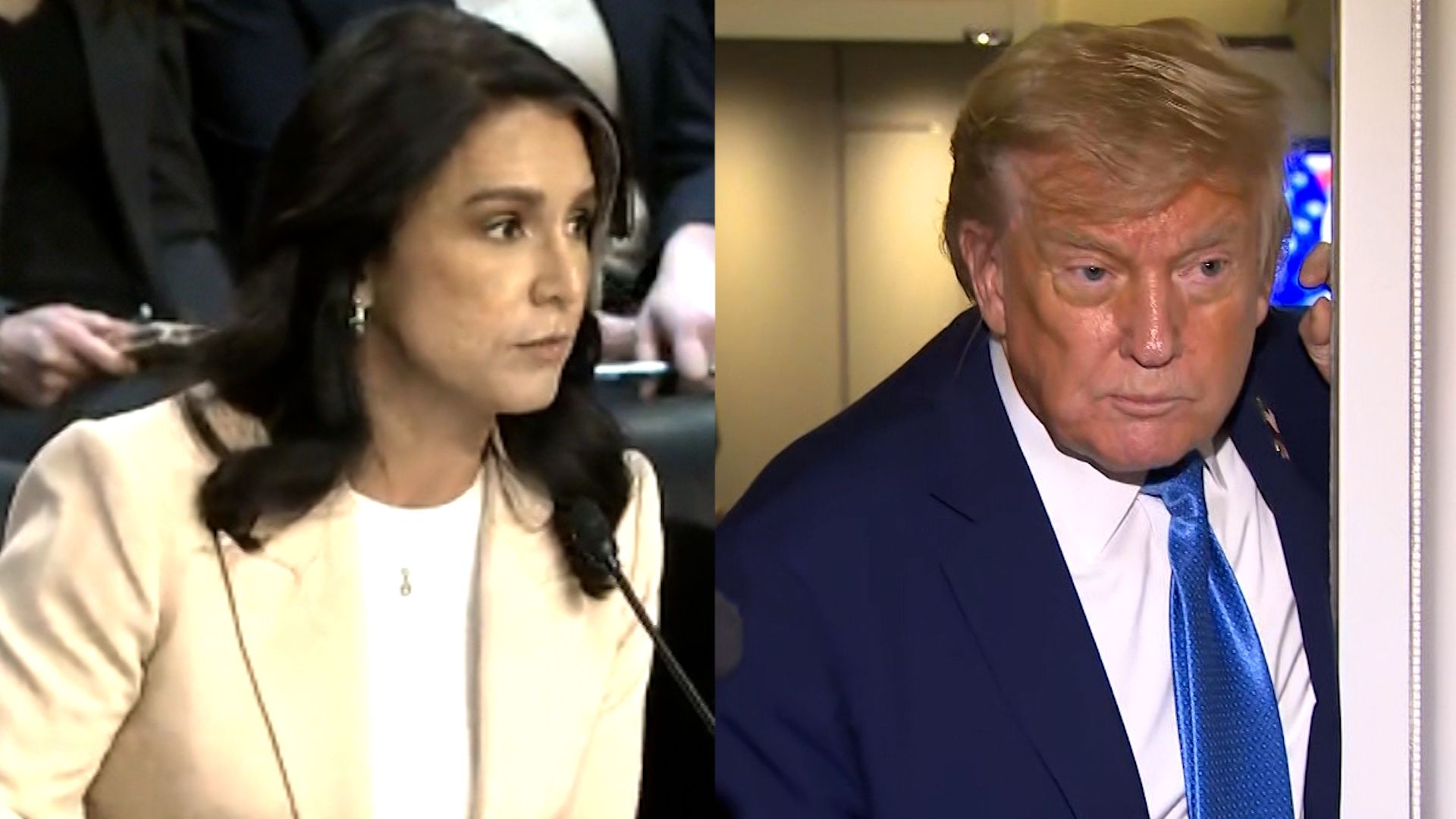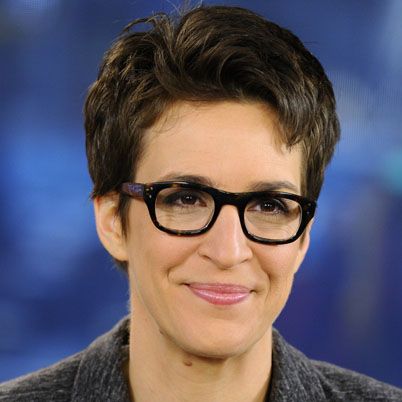Almost no one realized what happened.
Not until internet users pieced the timeline together did the country see how one comment from Donald Trump sent shockwaves through the intelligence community — and forced Director of National Intelligence Tulsi Gabbard to change her public stance overnight.
And the speed of this shift left many Americans asking the same haunting question:
Who is actually directing U.S. intelligence?
🇺🇸 Trump Promoted a Claim — Hours Later, Tulsi Gabbard’s Statement Changed

It began when Trump abruptly escalated his language about Iran, insisting that the country was closer than ever to obtaining nuclear capability. That same night, U.S. forces launched a targeted strike.
Within hours, Tulsi Gabbard — the nation’s top intelligence official — released a new late-night statement saying Iran could achieve assembly “within weeks to months.”
The timing was not coincidence.
It was reaction.
Netizens noticed almost immediately:
Her words changed only after Trump spoke.
🗣 But Just Months Earlier, Tulsi Said the Opposite — Publicly and Unambiguously
In March, Tulsi testified before Congress with a clear, confident assessment:
-
U.S. intelligence did not believe Iran’s Supreme Leader had restarted the nuclear program halted in 2003.
-
The agency had no evidence Iran was seeking to develop nuclear weapons.
-
Analysts affirmed Iran’s actions did not match the profile of a nation preparing for nuclear deployment.
Her message was responsible, measured, and consistent with long-standing intelligence community consensus.
And yet…
All of that evaporated after one sentence from Trump.
✈️ June 17th — Air Force One, and a Stunning Reversal
Reporters confronted Trump with Tulsi’s earlier statement.
His reply was blunt, dismissive — even hostile.
“I don’t care what she said.”
Then came the sentence that upended the nation’s intelligence posture:
“I think they are very close to having it.”
Within moments, Trump publicly undermined his own intelligence director — and declared that his “gut” mattered more than her briefings.
He didn’t justify.
He didn’t explain.
He simply erased the official assessment with sheer force of personality.
And when asked if Tulsi was wrong?
“Yes. My intel department is wrong.”
Just like that.
Decades of intelligence protocols replaced by a single opinion aired at 30,000 feet.
⚠️ A Dangerous Question Emerges for Older Americans
For Americans 45–65+, who remember:
-
the Iraq WMD fiasco
-
the shifting intelligence around Afghanistan
-
the political pressure placed on analysts in the early 2000s
…this moment feels painfully familiar.
A leader dismissing intelligence.
An intelligence chief pressured to match political messaging.
A narrative rewritten at midnight — not by new data, but by presidential ego.
The real alarm is not the disagreement.
It’s the speed.
In less than 24 hours, the nation’s intelligence stance shifted from “not pursuing” to “weeks to months.”
Not because of new evidence —
but because of new politics.
And in that quiet, overnight alteration, Americans saw something chilling:
The integrity of intelligence is only as stable as the president’s mood.
“ALLERGIC TO HONESTY?” — The Maddow Moment That Shattered Karoline Leavitt Live on Air








